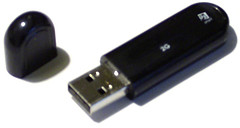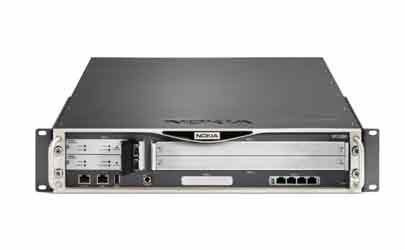
To the average person, the number of computers in my home is appalling. There are three computers downstairs alone, one for the other members of my family. Then there's my office.
One problem with the downstairs computers is that they all, without exception, have web filtering software on them. I am not under the delusion that they are a substitute for parental oversight--there's a reason the kids computers are in a public room--but it's nice to have something around to catch most accidental exposures to inappropriate material. Let's face it, when the kids are old enough, if they want to get around the filters, they'll figure out a way.
Meanwhile, I occasionally use the kids computers. Mostly it's because I like to go downstairs when the kids are trying to go to sleep. It's also nice to have a change of environment. However, the web filters end up creating problems for me when I try to, say, read my RSS feeds and people link to the latest cool video on YouTube. Or I want to check what's happening on Plurk or Twitter. Unfortunately, it means fighting with the web filter.
Now I suppose I cold buy a "better" web filter rather than rely on K9 Web Protection from Blue Coat, but I like the filter. It generally works, it's free, does a fairly good job of catching inappropriate or questionable websites, and doesn't try and do everything. It also helps that their CEO used to be in charge of the part of Nokia I worked for many, many moons ago, and I thought he was a nice guy.
The solution: a portable computing environment embedded in a flash drive. I could dual boot the computers, but that creates other problems. The flash drive solution is clean.
Linux is the only feasible OS one can install on a flash drive--at least easily. There are actually a number of different distributions you can install on a USB flash drive, many of which are featured--complete with step-by-step instructions on how to install it--on a site called Pen Drive Linux.
I wasted an evening on trying to get Ubuntu (along with various derivatives) installed on a flash drive, but ran into a problem where the distribution was failing to boot because it was trying to find the non-existent floppy drive on this IBM ThinkPad T43 I am using.
What ended up working the best for me, at least, was Slax. It is based on Slackware Linux, which has been around forever. It was one of the first Linux distributions I started playing with in the mid-1990s. It includes a number of modules, including a relatively recent build of Firefox 2 complete with Adobe Flash integrated. It's not set up the most optimally out of the box--for example, the default user runs as root, which is almost as bad as the default Windows behavior--but with a little bit of hacking, it works just fine without needing to run as root.
I now have my own environment complete with some local storage on a older 1 gigabit flash drive. I can stick it into any computer that is able to boot off of USB, and it should give me access to the Internet and a few other programs. Works pretty well for me.

